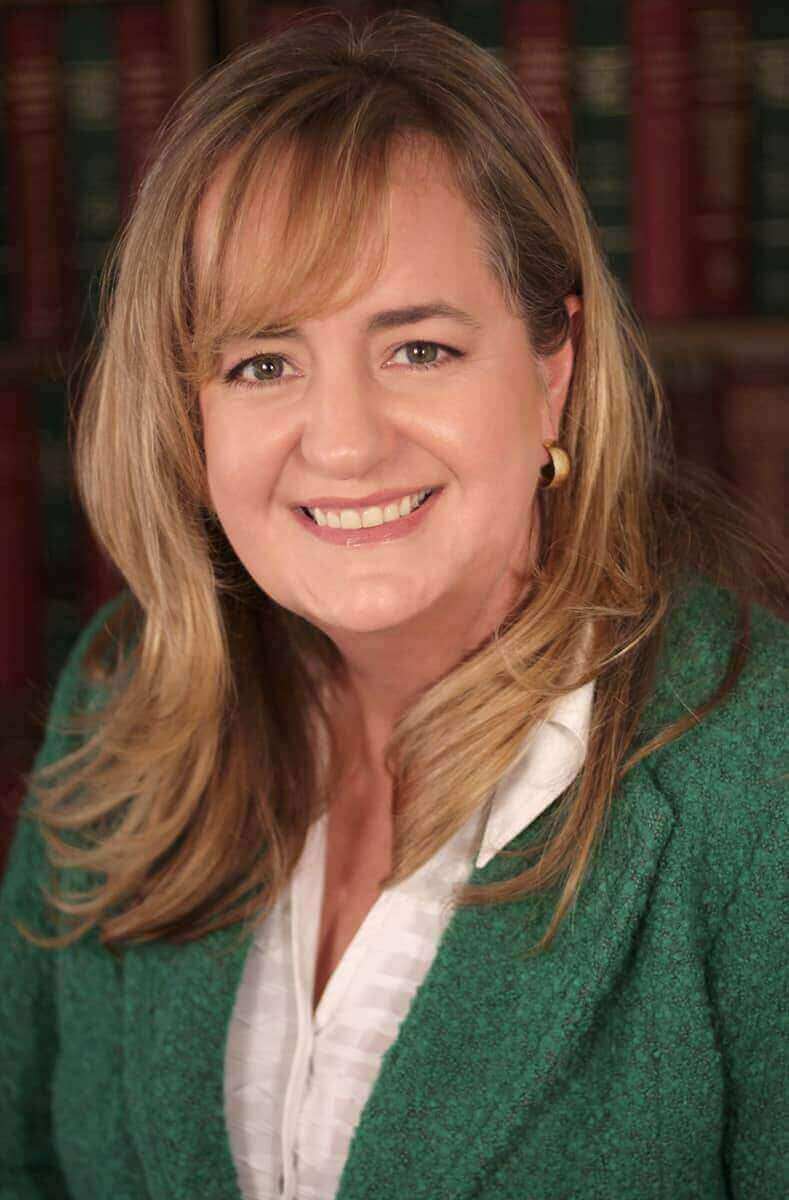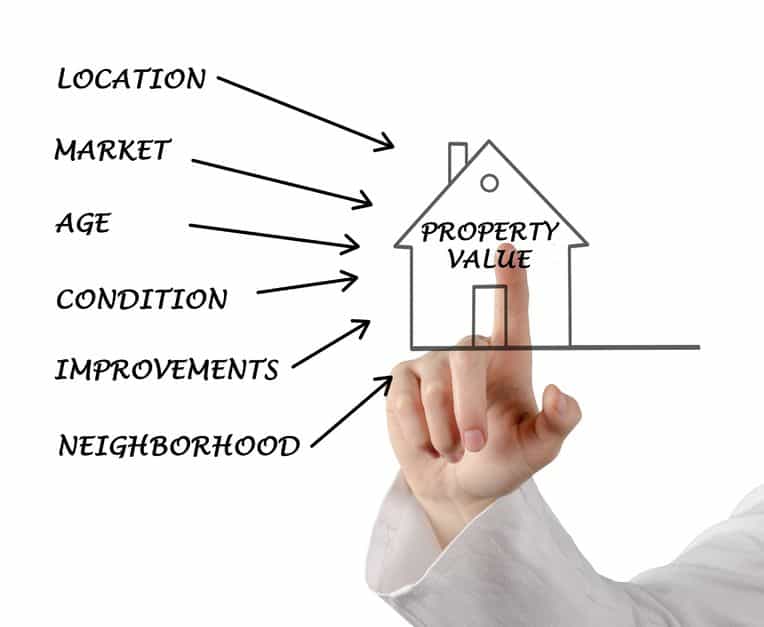When buying an investment property you want to make sure that you are making the most lucrative decision possible. Below are five common mistakes that you should avoid.
Mistake #1: Avoid areas that are heavily congested with apartment buildings since that makes the competition for renters extreme and constant. You may also have a parking issue, which is another deterrent to renters. Congestion can also have the side effect of pushing down the rental rates, maybe even below market rents.
Mistake #2: Avoid properties that are next to or in back of a commercial building or commercial street. This is a deterrent to getting top rents, and a problem when it comes time to sell. The lender also will want to get an environmental report to make sure there is no past or present problem with the soil due to that commercial property. So walk on by…
Mistake #3: Avoid hiring an agent with no commercial experience. Buying and selling investment property is very different than buying and selling single family homes. It’s really numbers game.
Commercial realtors work at a slower pace and usually in teams. They also have a more corporate mentality which is good when it comes to negotiations. Look for a commercial agent who is experienced, patient, logical, understands numbers, and is skilled at research. Most of all, they should be someone who knows that you may have to walk away.
Mistake #4: Avoid areas you don’t know or that are more than 50 miles away if you are going to self-manage.
If you don’t know the area, then get to know it or pass on the property. Drive the streets, check the crime reports (online or police department), and talk to tenants while you are walking around (they tend to tell the truth about the bad stuff since they are not invested). If you plan to self-manage and the property is far you may not be able to take proper care of the property and tenants; which will affect cash flow.
Mistake #5: Avoid biting-off more than you can chew. We all want as many units as possible for the maximum cash flow. The best cash flow usually comes from the older buildings and middle income areas (i.e. deferred maintenance and higher turnover).
However, the beginner investor sometimes doesn’t realize that with more units, especially during the first year of ownership, the more reserves or cash after closing you will need. Repairs and vacancies tend to peak after purchase and then stabilize. So, if you spent all your dough on the acquisition, then where will the money come from for unexpected repairs? Having $100-$250 per unit (depending on unit mix) in cash for maintenance is a good goal to have.


